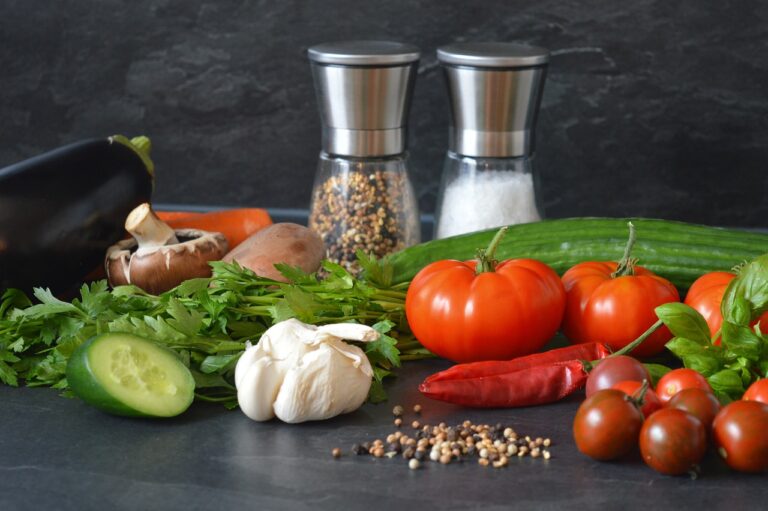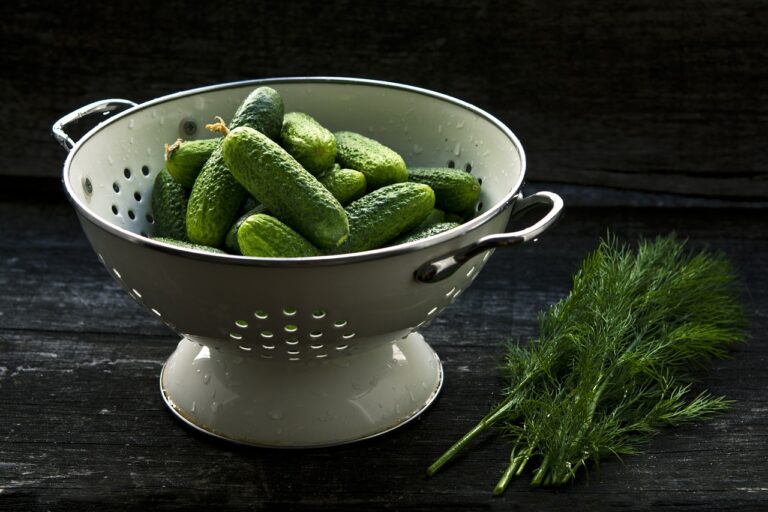The Impact of Food Industry on Soil Health: Regenerative Agriculture Practices and Soil Conservation Methods
Soil health is the foundation upon which sustainable agriculture stands. It is the bedrock that supports the growth of crops and the health of ecosystems. Without healthy soil, agricultural systems will struggle to produce nutritious food, maintain water quality, and support biodiversity.
Healthy soil is teeming with life, from bacteria and fungi to earthworms and other organisms. These inhabitants play vital roles in breaking down organic matter, cycling nutrients, and maintaining soil structure. By fostering a thriving soil ecosystem, farmers can reduce the need for synthetic inputs and enhance the resilience of their crops to pests, diseases, and extreme weather events.
Understanding the Role of Regenerative Agriculture in Soil Regeneration
Regenerative agriculture is a holistic approach to farming that focuses on rebuilding and restoring the health of the soil. By employing practices such as minimal tillage, cover cropping, crop rotation, and the use of natural fertilizers, regenerative agriculture aims to enhance soil structure, increase microbial activity, and improve water retention. These practices not only benefit the soil but also contribute to the overall health of the ecosystem, promoting biodiversity and resilience in the face of environmental challenges such as drought and flooding.
One of the key principles of regenerative agriculture is the emphasis on enhancing soil organic matter. This is crucial for improving soil health as organic matter acts as a reservoir for nutrients, helps to retain moisture, and provides a habitat for beneficial soil organisms. By increasing soil organic matter through the incorporation of organic materials like compost and crop residue, regenerative agriculture is able to regenerate degraded soils, enhance fertility, and promote sustainable agricultural practices for the long term.
The Effects of Chemical-Based Farming Practices on Soil Quality
Chemical-based farming practices have become increasingly prevalent in modern agriculture, aiming to maximize crop yields and combat pests efficiently. However, the excessive use of synthetic fertilizers, pesticides, and herbicides can have detrimental effects on soil quality. These chemicals can disrupt the natural balance of microorganisms in the soil, leading to a decrease in soil fertility and overall health.
Moreover, the continuous application of chemical inputs can result in soil compaction and erosion, compromising the soil’s ability to retain water and nutrients. This, in turn, can lead to decreased crop productivity over time, as well as contribute to environmental issues such as water pollution and biodiversity loss. It is crucial for farmers and policymakers alike to consider the long-term impacts of chemical-based farming practices on soil quality and explore more sustainable alternatives for maintaining healthy soils in the face of modern agricultural challenges.
What is the importance of soil health for sustainable agriculture?
Soil health is essential for sustainable agriculture as it provides the necessary nutrients for plants to grow, helps retain water, and supports a diverse ecosystem of beneficial organisms.
How does regenerative agriculture play a role in soil regeneration?
Regenerative agriculture focuses on practices that aim to improve soil health, such as crop rotation, cover cropping, and reduced tillage, which help restore and maintain soil fertility.
What are the effects of chemical-based farming practices on soil quality?
Chemical-based farming practices, such as the use of synthetic fertilizers and pesticides, can lead to soil degradation by reducing biodiversity, depleting organic matter, and contaminating groundwater.
How can farmers transition away from chemical-based farming practices to improve soil quality?
Farmers can transition to regenerative agricultural practices, such as organic farming, agroecology, and permaculture, to improve soil quality and promote long-term sustainability in agriculture.







